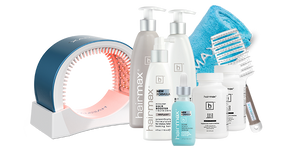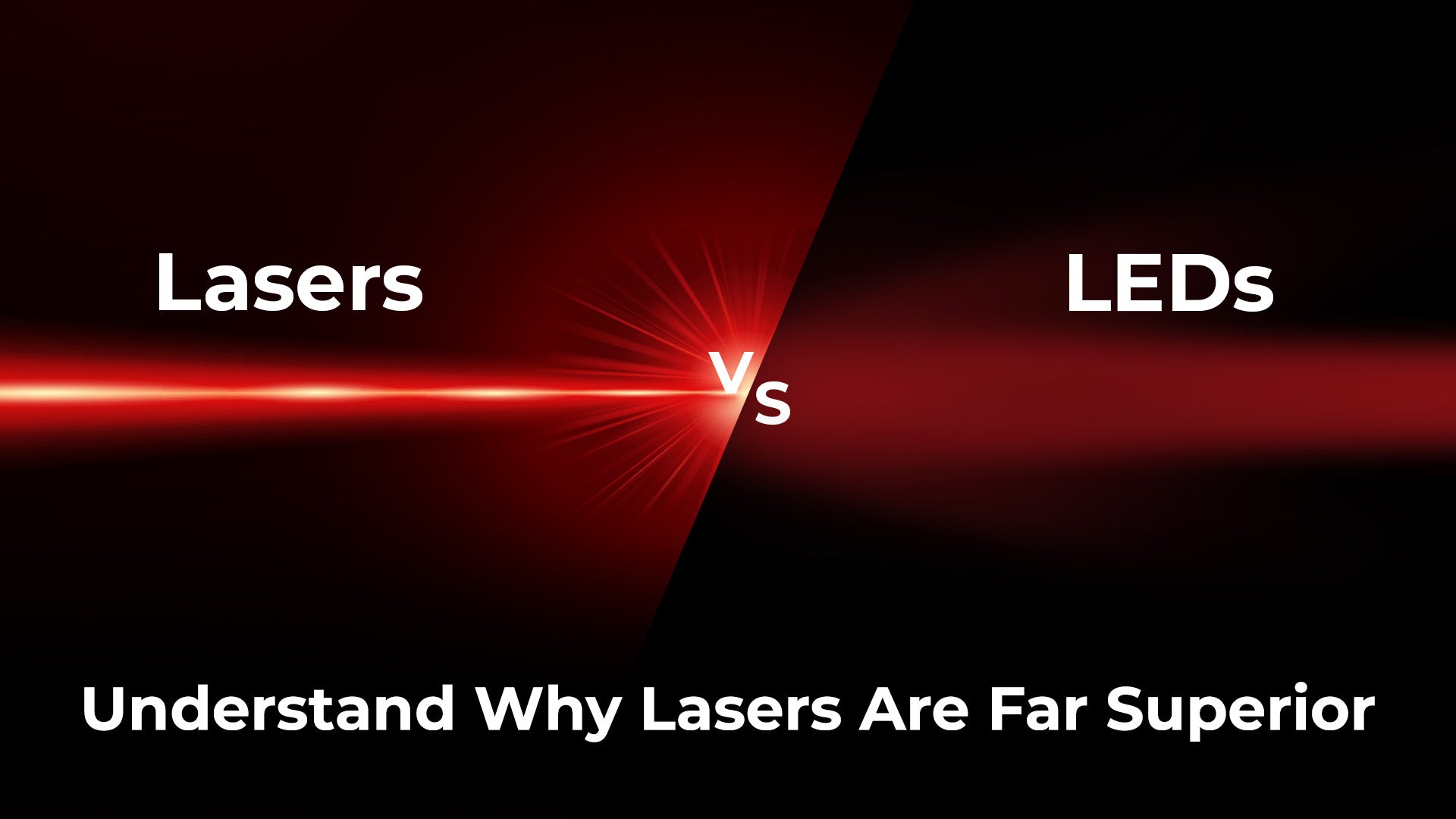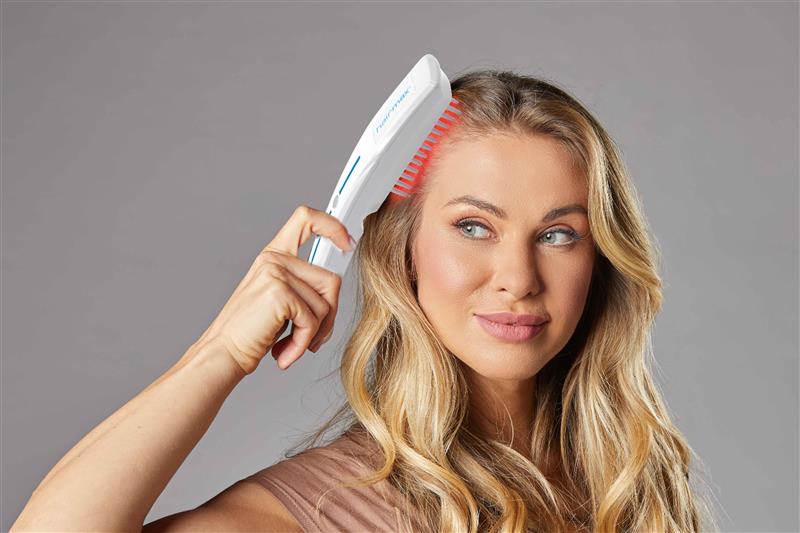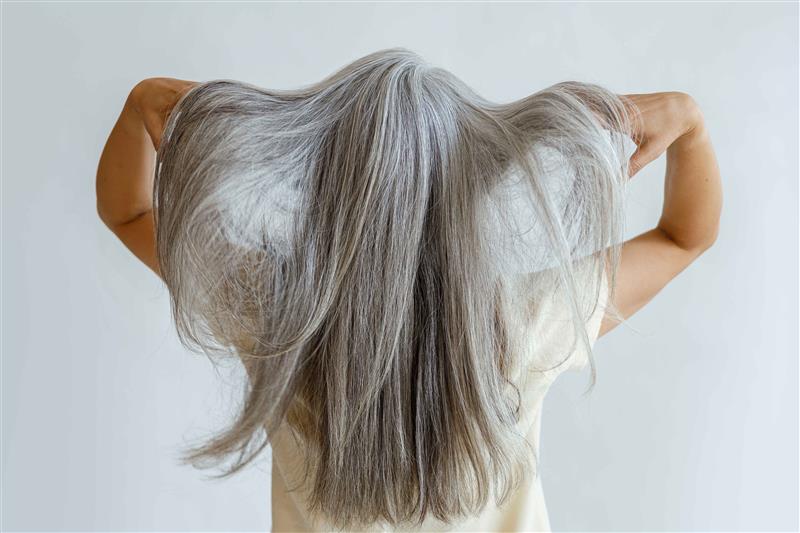Hair loss is probably one of cancer treatment’s most distressing side effects. For instance, chemotherapy which targets cancer cells may also damage healthy cells responsible for hair growth.
Some individuals may need to undergo chemotherapy, alongside radiation therapy and surgery, for the early stages of mesothelioma. These treatments aim to shrink the tumor and make it easier to remove. Like chemotherapy, radiation therapy may also cause hair loss.
When you have cancer, changes to your appearance, like cancer treatment-related hair loss, can be difficult to accept. So what should you do to build your confidence after cancer-induced hair loss?
This article provides tips to help you build your confidence after cancer-induced hair loss, including a brief discussion about products that may help stimulate hair growth. The write-up also covers the percentage of cancer patients who experience hair loss.
Read on to learn how you can build your confidence again despite the unwanted side effects of cancer treatments.
Top 5 Tips to Build Self-Confidence After Cancer-Induced Hair Changes
Cancer treatments like chemotherapy can cause noticeable changes in your hair. For instance, dealing with hair loss after treatment may make you see yourself differently.
Hair loss can make you self-conscious. You may feel exposed and vulnerable as curious people ask you questions you’re unprepared to answer.
Here are the top five tips to regain your self-confidence after cancer-induced hair changes:
1. Stay Optimistic As You Wait for Your Hair to Grow Back
2. Try a Variety of Head Coverings and Accessories
Laser caps are innovative products. LLLT, or low-level laser therapy, is utilized in several laser hair growth caps to stimulate hair follicles and the scalp.
Low-level light therapy has been clinically proven and FDA Cleared to stimulate hair growth in men and women with Androgenetic alopecia, however, many people who have used Low-level light therapy after Chemotherapy, have reported good results and a boost in their self-esteem.
3. Lead a Healthy Life
It would help if you practiced self-care each day. Make sure to develop habits that make you feel good about yourself. Take time to relax. Get enough sleep. If you feel strong enough, you can also start working out.
Above all else, have a balanced diet and let food rich in vitamins and minerals be your medicine. For instance, vitamin D plays an essential role in hair growth and the health of your hair follicles.
Natural products with zinc and biotin have also been advocated for hair loss treatment. You may also take dietary supplements to ensure you get essential nutrients to improve your overall health.
Nutritional deficiency may affect hair growth and hair structure. A study suggested that nutrient deficiencies may arise due to dietary practices, genetic disorders, and medical conditions.
So if you have cancer and have recently undergone treatment, make sure to eat healthily. Studies have shown that healthy food choices make people happy.
4. Explore Your Emotions
Dealing with hair loss and other challenges associated with cancer treatment may leave you feeling frustrated. But instead of shoving your feelings aside, it would be better to work through those emotions, accept the loss you’ve experienced, and lean on your support system if needed.
You can talk to your family, friends, healthcare providers, and other cancer patients about self-image. Remember, you’re not alone.
5. Engage In Mindfulness Activities
So take control of your body image by trying mindfulness activities to break the cycle of negative thought patterns.
How Common Is Hair Loss Among Cancer Patients?
Cases of hair loss in men and women are common following chemotherapy. The approximate number of cases of chemotherapy-induced hair loss is 65%.
A 2019 observational study about chemotherapy-induced hair loss and its psychological impact on adults showed that out of 179 cancer patients, 53.6% were males and 44.6% were females.
About 72% of patients said that hair loss had affected their social life, while 56.4% felt that hair loss was the worst side effect of chemotherapy.
Both men and women diagnosed with cancer reported that hair loss is one of the side effects of chemotherapy that they fear most. For this reason alone, about 14% of women refuse that particular cancer treatment.
Studies have shown that patients undergoing chemotherapy may display hair dystrophy (disorder) of the scalp and beard due to a high mitotic rate, which measures how rapidly cancer cells are dividing and growing. However, such dystrophy doesn’t always lead to immediate hair shedding.
Conclusion
You can try various hair loss cure products to help you regrow your beautiful mane. Still, learning to accept and love yourself after cancer treatment is the most crucial step to regaining self-confidence and promoting long-term well-being.
References
-
Hair Loss (Alopecia) and Cancer Treatment
https://www.cancer.gov/about-cancer/treatment/side-effects/hair-loss
-
How to Wear a Scarf When You've Lost Your Hair
https://www.cancer.org/treatment/treatments-and-side-effects/physical-side-effects/hair-skin-nails/hair-loss/how-to-wear-a-scarf.html
-
Low-level light therapy using a helmet-type device for the treatment of androgenetic alopecia
https://www.ncbi.nlm.nih.gov/pmc/articles/PMC7373546/
-
The Role of Vitamins and Minerals in Hair Loss: A Review
https://www.ncbi.nlm.nih.gov/pmc/articles/PMC6380979/
-
A Double-blind, Placebo-controlled Study Evaluating the Efficacy of an Oral Supplement in Women with Self-perceived Thinning Hair
https://www.ncbi.nlm.nih.gov/pmc/articles/PMC3509882/
-
Should You Take Dietary Supplements
https://newsinhealth.nih.gov/2013/08/should-you-take-dietary-supplements
-
Diet and hair loss: effects of nutrient deficiency and supplement use
https://www.ncbi.nlm.nih.gov/pmc/articles/PMC5315033/
-
Healthy food choices are happy food choices: Evidence from a real life sample using smartphone based assessments
https://www.ncbi.nlm.nih.gov/pmc/articles/PMC5719018/
-
How to Regain Self-Esteem and Body Confidence After Cancer Treatment
https://powerfulpatients.org/2021/05/14/how-to-regain-self-esteem-and-body-confidence-after-cancer-treatment/
-
Changes in self-concept and body image during alopecia induced cancer chemotherapy
https://pubmed.ncbi.nlm.nih.gov/9069615/
-
How to Regain Body Confidence after Cancer
https://www.mskcc.org/news/how-regain-body-confidence-after-cancer
-
Chemotherapy and hair loss: What to expect during treatment
https://www.mayoclinic.org/tests-procedures/chemotherapy/in-depth/hair-loss/art-20046920
-
A Descriptive Study to Analyze Chemotherapy-Induced Hair Loss and its Psychosocial Impact in Adults: Our Experience from a Tertiary Care Hospital
https://www.ncbi.nlm.nih.gov/pmc/articles/PMC6615375/
-
Why Do Not All Chemotherapy Patients Lose Their Hair? Answering an Intriguing Question
https://www.karger.com/Article/Pdf/514342
-
mitotic rate
https://www.cancer.gov/publications/dictionaries/cancer-terms/def/mitotic-rate
Photo by SHVETS production: https://www.pexels.com/photo/crop-smiling-woman-with-blooming-freesia-and-closed-eyes-6984608/












